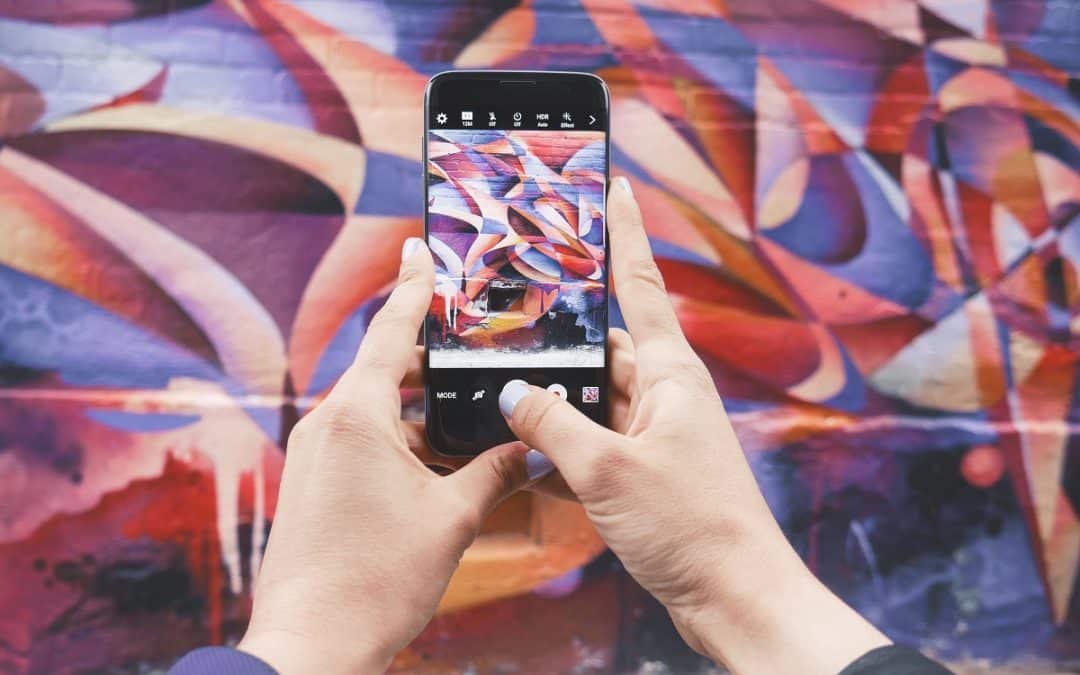
Disconnected Connectedness
The World Health Organization (WHO) has always considered mental well-being as an integral part of the general definition of health. WHO defines health as “a state of complete physical, mental and social well-being and not merely the absence of disease or infirmity”.
A fact sheet published by the Centre for Addiction and Mental Health cites:
- In any given year, 1 in 5 Canadians experiences a mental health or addiction problem.
- By the time Canadians reach 40 years of age, 1 in 2 have – or have had – a mental illness
- 70% of mental health problems have their onset during childhood or adolescence.
- Young people aged 15 to 24 are more likely to experience mental illness and/or substance use disorders than any other age group.
- 34% of Ontario high-school students indicate a moderate-to-serious level of psychological distress (symptoms of anxiety and depression). 14% indicate a serious level of psychological distress.
Why are mental health issues on the rise, especially among youth? .
Startling Increase in Major Depression Among Teens
A recent article in Time Magazine states: there’s been a significant increase in the percentage of young people aged 12-20 who have reported having a major depressive episode (MDE).
In a time when technology gives us tools to connect with others so easily,why then does it seem like seem like this access is making us feel more isolated? As we are increasingly using electronic tools like cell phones and computers as our communication and connection medium, are we losing something vital that might nourish our own mental health? I fear that this may in fact be true. I fear that this new world of constantly being plugged in may be the main cause of what I call ‘Disconnected Connectedness’.
The pressure of always being ‘on’ and the increasing expectation of North American society to publicly log our activities seems to be making people more unhappy – not less. It used to be that once we walked in our front doors we could shut out the pressures, comments, social measuring sticks and other influences that endlessly flog our psyche. That closed door used to give shelter, respite, from the expectation onslaughts.
Ironically, the 24/7 access that new technologies provide that makes us all effuse about the convenience and coolness, is in reality turning us, especially youth, into prisoners of modern communication. The worst offender, cell phones, have morphed into a dual role of lock and key – depending on which way you are facing…
The more connected with are with technology, the more disconnected we can feel because we don’t actually feel the way we say we feel when we log ourselves. So the more we reach out, the more isolated we can become. It is not a wonder that the youth, who have grown up in this digital age and have not experienced a substantial period of their lives where there was not constant external input and commentary, have little – if any – dexterity in unearthing who they are naturally.
The looking-glass self is a social psychological concept created by Charles Horton Cooley in 1902. It states that a person’s self grows out of society’s interpersonal interactions and the perceptions of others. I believe that the digital age has expanded that dynamic. It could be argued that this concept is on steroids in the digital age.
In many respects, young people today can almost be seen as non-participants in their development of self. They are standing behind the looking glass watching their projected self interact with the world — Disconnected Connectedness.
We all crave connection with others. And as we know – nature abhors a vacuum. The digital age has created the perfect environment for Social Media to flourish. It is time to help our kids step back and develop a sense of themselves for themselves.
I believe that is why there is a growing sense of need to search for something that fills our souls not simply our social media profiles. We crave connection with others but first we must become grounded ourselves. Shamanism is one way that allows us to connect with ourselves, our soul, our uniqueness and our sense of worth. Shamanism offers something for everyone. I have had the pleasure of training with people from various religions and parts of the world. As our paths cross, we cherish and respect the uniqueness of each person’s path. It is time we help our youth find their unique path, knowing they are in fact connected – via their unique path to the Universe…
~The Wired Shaman